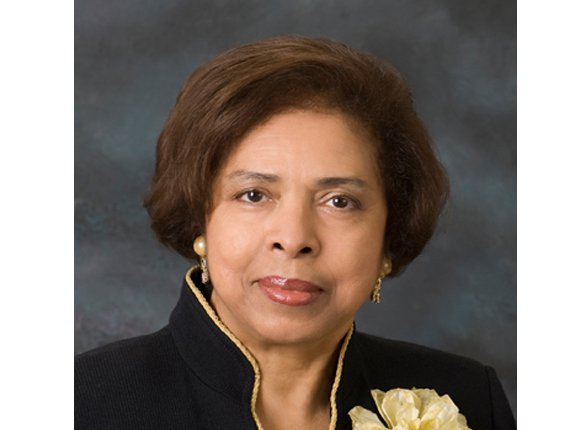The new Poor People’s Campaign
4/13/2018, 1:22 p.m.
Recently, comedian Chris Rock made a good point when he said that U.S. Sen. Mitch McConnell has represented the state of Kentucky for more than 30 years and he’s one of the nation’s most powerful and richest senators.
It’s great to be rich, but Chris and I question how this power and wealth translate into actions that benefit his constituents. Theoretically, he could give some assistance with a portion of his personal wealth and provide even greater assistance with his legislative sway. Yet, a majority of Kentuckians live below the poverty level.
When I tried to learn what Sen. McConnell does to help the poor and marginalized, a more surprising fact emerged. Prior to 2008, in terms of wealth, Sen. McConnell was well below the average of U.S. senators in wealth. My current research tells me that he now has accumulated at least $22.8 million in personal wealth.
Inquiring minds want to know, “How did he become one of the wealthiest less than 10 years later?”
This is a question that not only Kentuckians, but all voters need to ask legislators supposedly elected to represent their interests. I think few voters have a problem with wealth so long as it is earned honestly and without compromising voter well-being.
With so many speakers during the past week talking about the challenges of keeping Dr. Martin Luther King Jr.’s dream alive, I thought it a good idea to suggest that we examine the backgrounds and voting records of all of our representatives who, while in office, mysteriously gain unusual wealth — even as they vote against the best interests of the poor and marginalized people they are sworn to represent. One does not have to be wealthy to stand against such malfeasance or make her/his vote count.
Let us ponder a bit:
What if we joined with other marginalized people to vote for legislators who truly represent our interests or to vote out those who don’t? The groundwork has been laid. Significant numbers of voters already are working on gun control, joblessness and poverty, a clean and healthy environment, DACA students who deserve to have a pathway to citizenship, and others who want their reasonable efforts to mean something that would make life in this nation better for all of us. All we now need is the will to coalesce.
What if more white women voted in their best interests instead of their biases as they did in the 2016 election? That means supporting the Equal Rights Amendment. It means voting for social justice, fair housing and fair voting rights. What if, between now and the 2018 elections and 2020, we opened honest discourse about the interests we have in common and realistic measures to achieve them?
In a nation as prosperous as ours, instead of the Dow Jones, shouldn’t our concern be directed toward three meals a day and a warm place to sleep for all of our citizens?
After we have met the basic survival needs of the masses, we can begin to tackle the issues that we accuse of dividing us. Only together can we solve challenges like racism, inequality, sexism and social injustice. We must learn that progress and positive change is not an all-or-nothing, win-or-lose proposition. My guess is that with a full stomach, a little money in the bank and with the door of opportunity swinging open, many of our more pressing conflicts will seem less important.
The real challenge we must overcome is the disease of poverty and lack. Our nation is bleeding for a leader to step forward to say, “Send me, Lord; I’ll go.” Maybe the “Poor People’s Campaign” led by the Rev. William J. Barber II is the right vehicle. Let’s give it a try.
The writer is president of the National Congress of Black Women.







